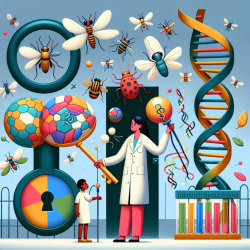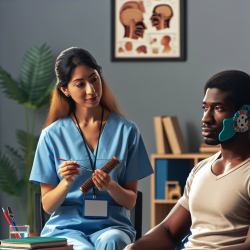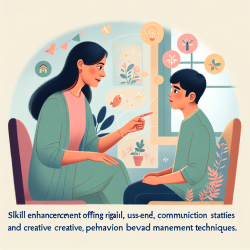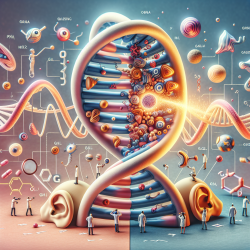Introduction
In the quest to understand autism spectrum disorder (ASD), researchers have turned to an unlikely ally: the fruit fly, Drosophila melanogaster. A recent study titled Drosophila functional screening of de novo variants in autism uncovers damaging variants and facilitates discovery of rare neurodevelopmental diseases has shed light on the genetic underpinnings of ASD and opened new avenues for research and therapy.
Why Drosophila?
While it may seem surprising, Drosophila has long been a staple in genetic research due to its simplicity, short life cycle, and genetic similarity to humans. This study leveraged these advantages to explore the functional consequences of de novo mutations (DNMs) associated with ASD.
Key Findings
The study identified 79 ASD-related variants in 74 genes, revealing that 38% of these variants caused functional alterations. Among these, the gene GLRA2 was highlighted as a contributor to a spectrum of neurodevelopmental disorders beyond ASD.
Implications for Practitioners
For practitioners in speech-language pathology and related fields, these findings underscore the importance of genetic factors in ASD and related disorders. Understanding these genetic influences can guide more personalized and effective intervention strategies.
Actionable Insights
- Stay Informed: Keep up with the latest genetic research in ASD to inform your practice.
- Collaborate with Geneticists: Work closely with geneticists to interpret genetic testing results and tailor interventions accordingly.
- Advocate for Genetic Testing: Encourage families to consider genetic testing as part of a comprehensive assessment for ASD.
Encouraging Further Research
The study's findings also highlight the need for continued research into the genetic basis of ASD. Practitioners can contribute by participating in research studies, sharing clinical observations, and advocating for funding in this area.
Conclusion
The use of Drosophila in autism research is a testament to the innovative approaches being used to unravel the complexities of neurodevelopmental disorders. By integrating these findings into clinical practice, practitioners can enhance their ability to create positive outcomes for children with ASD.
To read the original research paper, please follow this link: Drosophila functional screening of de novo variants in autism uncovers damaging variants and facilitates discovery of rare neurodevelopmental diseases.










